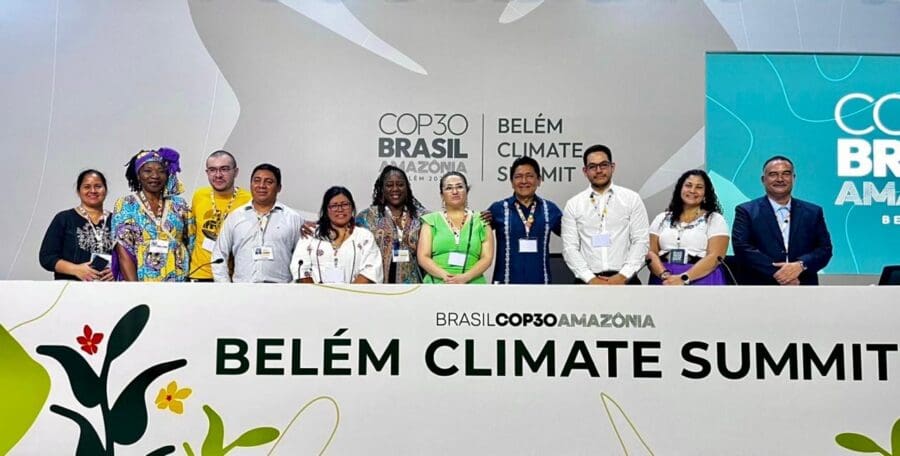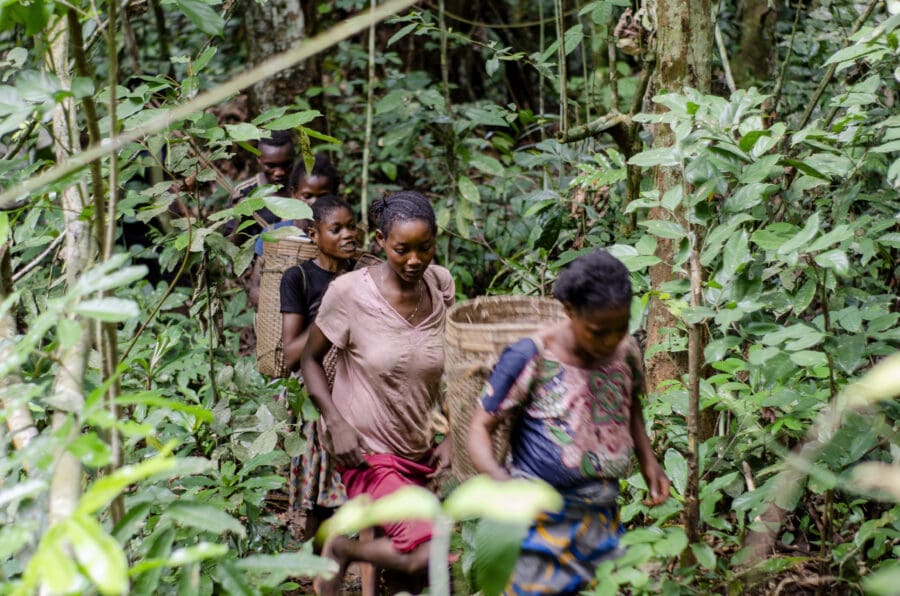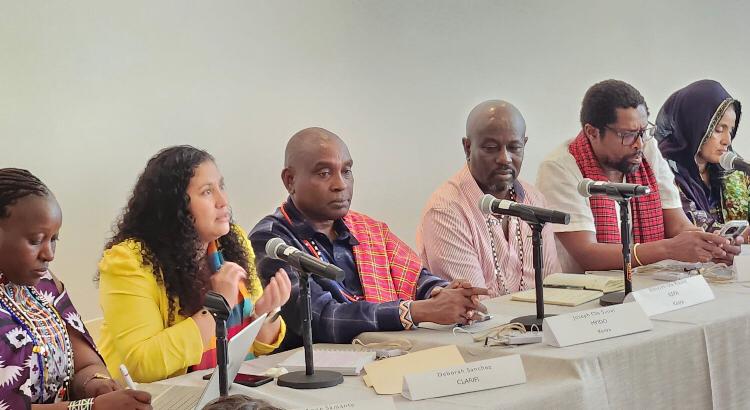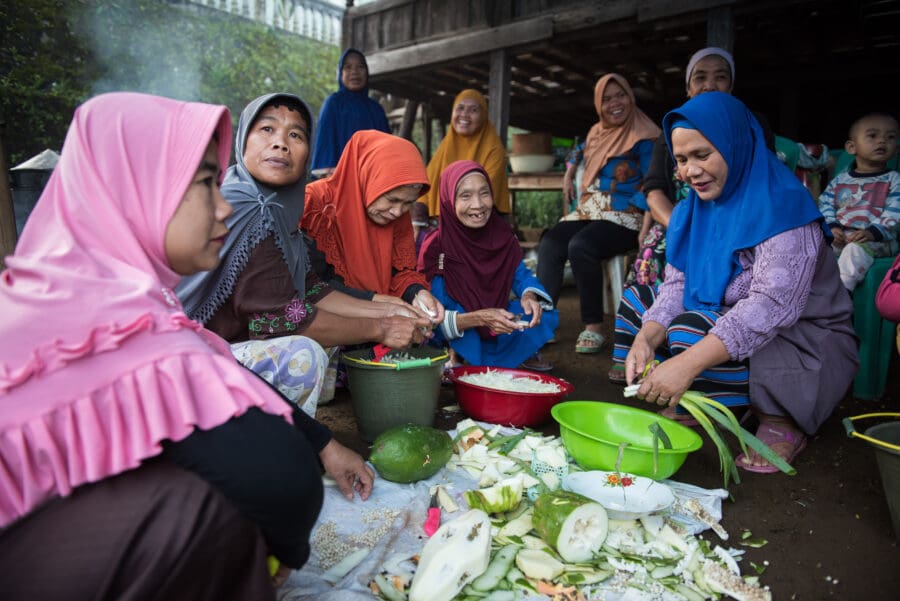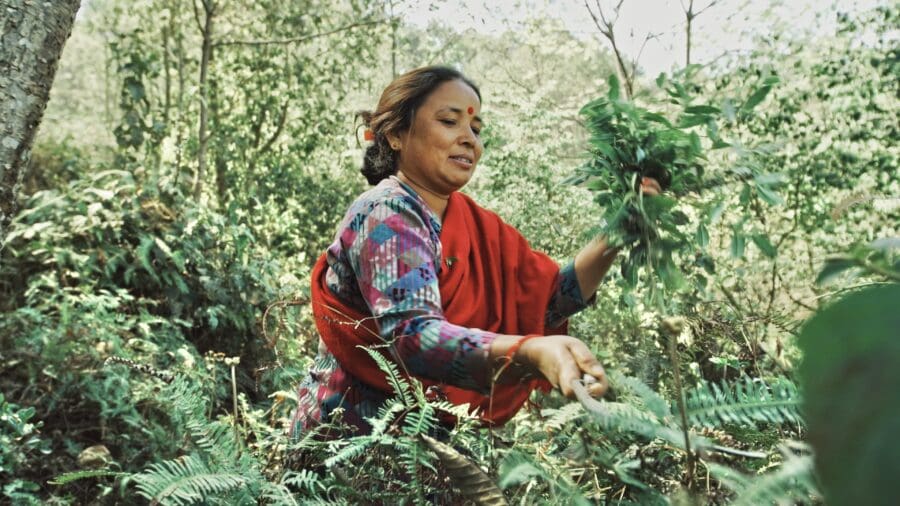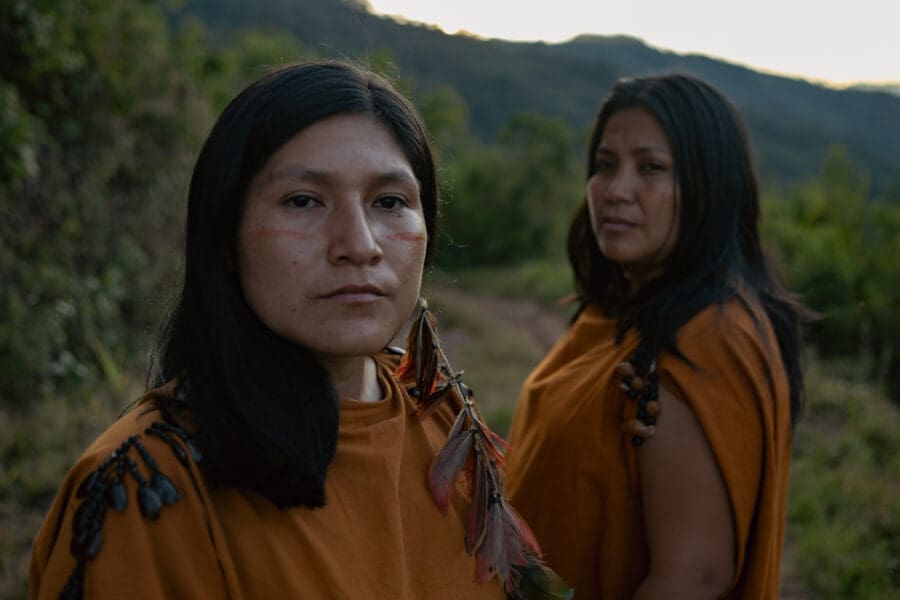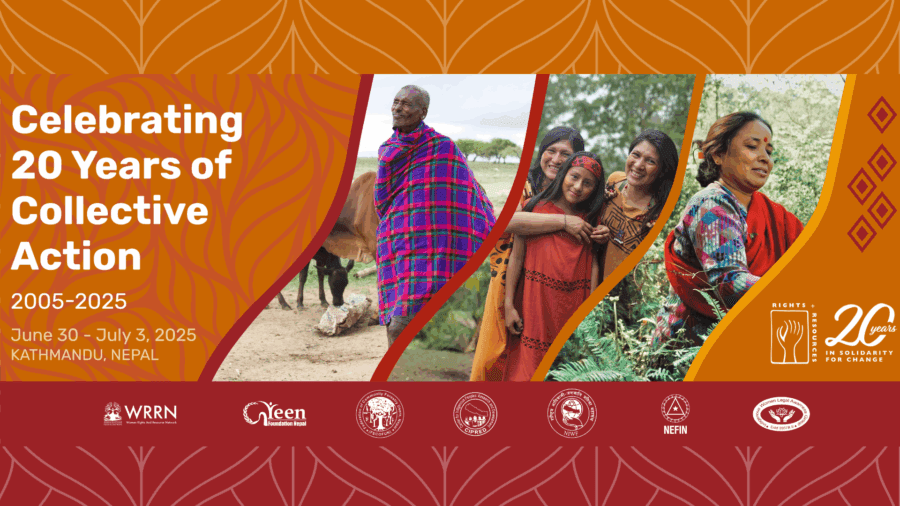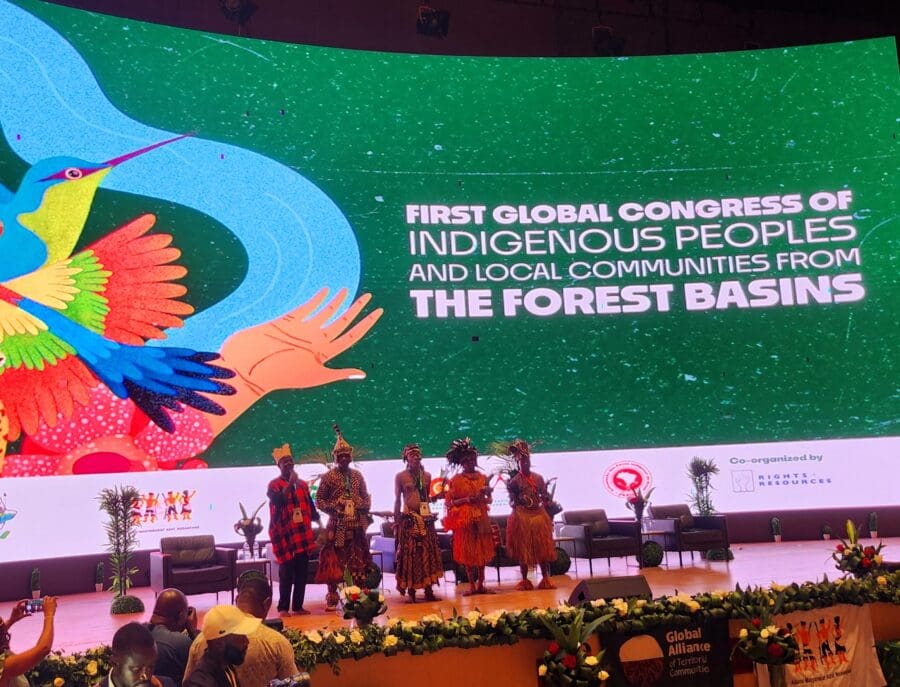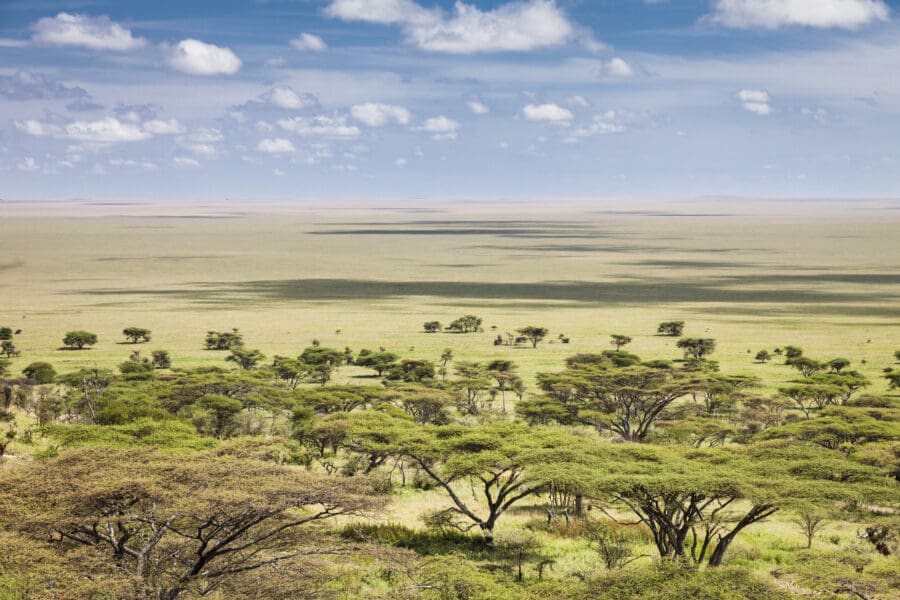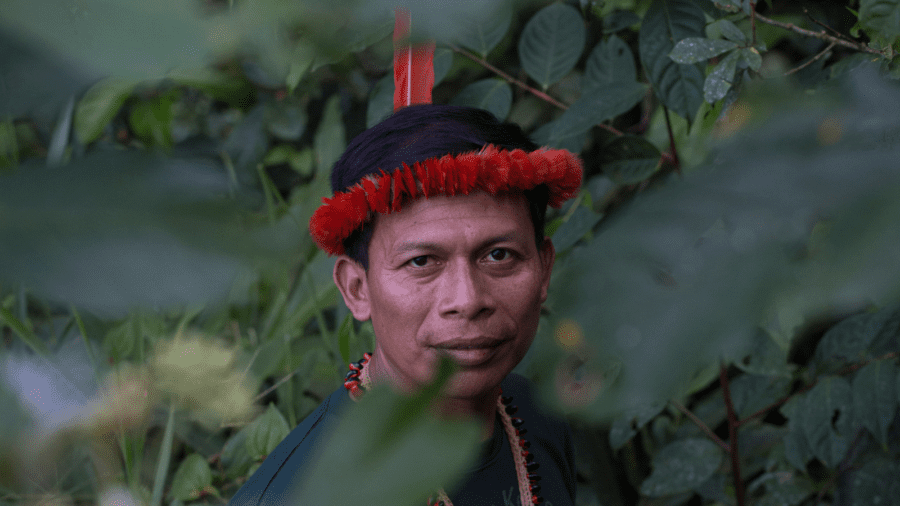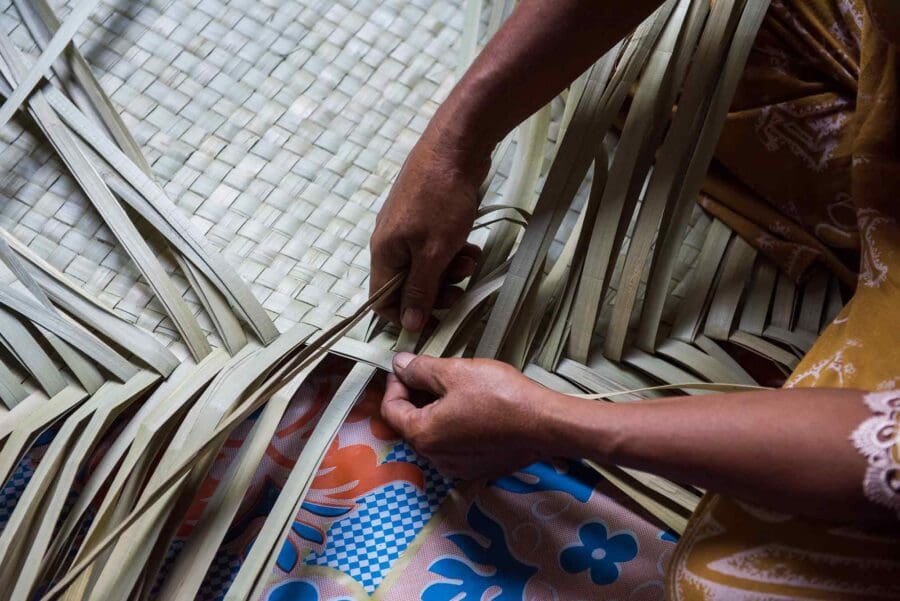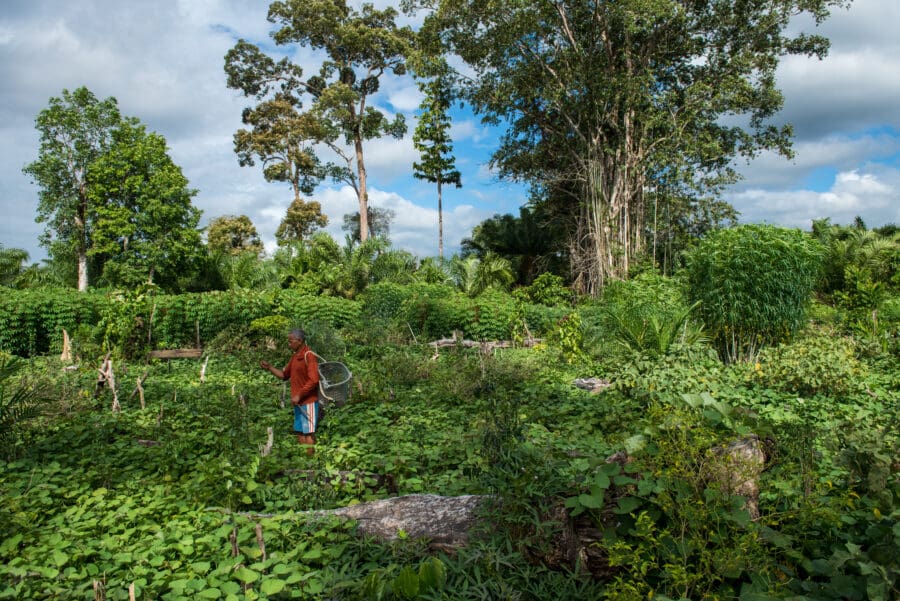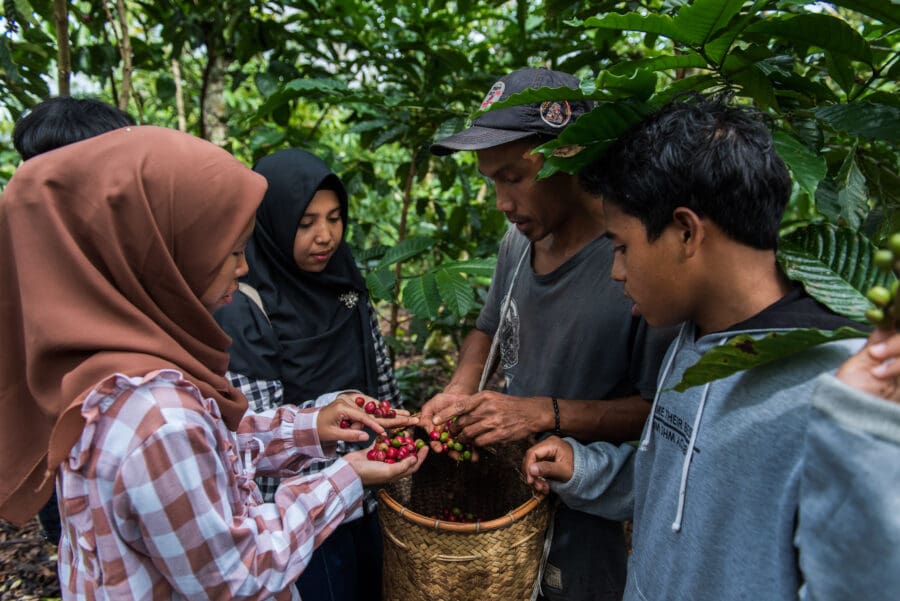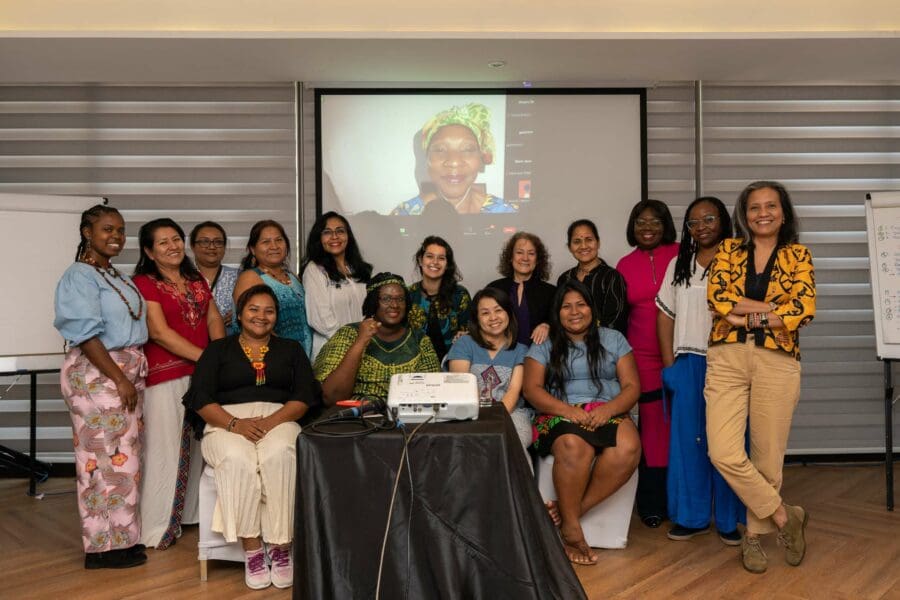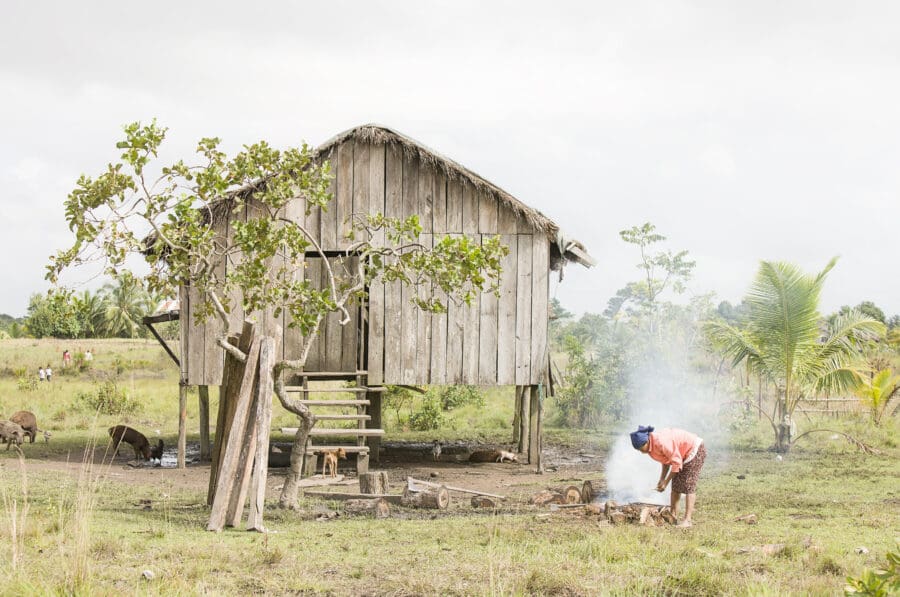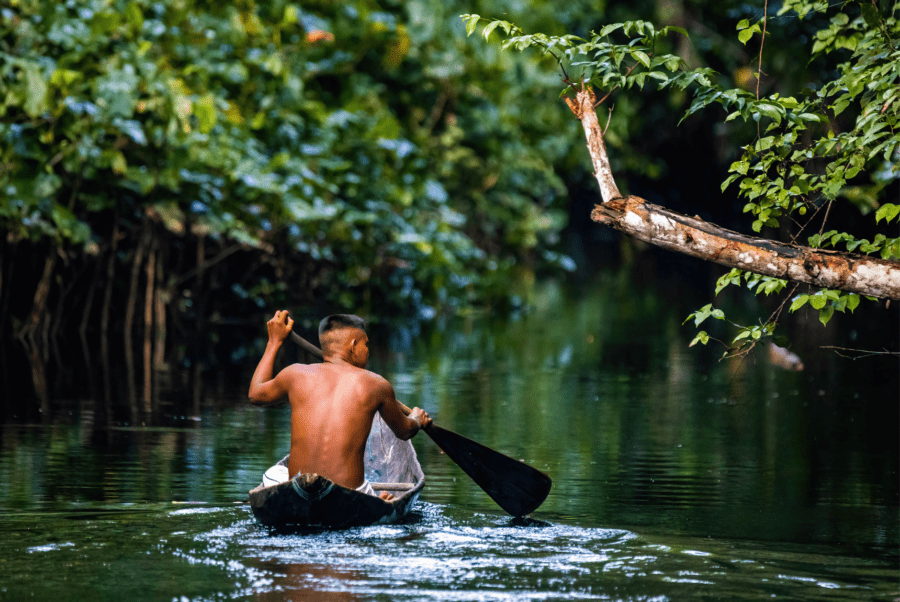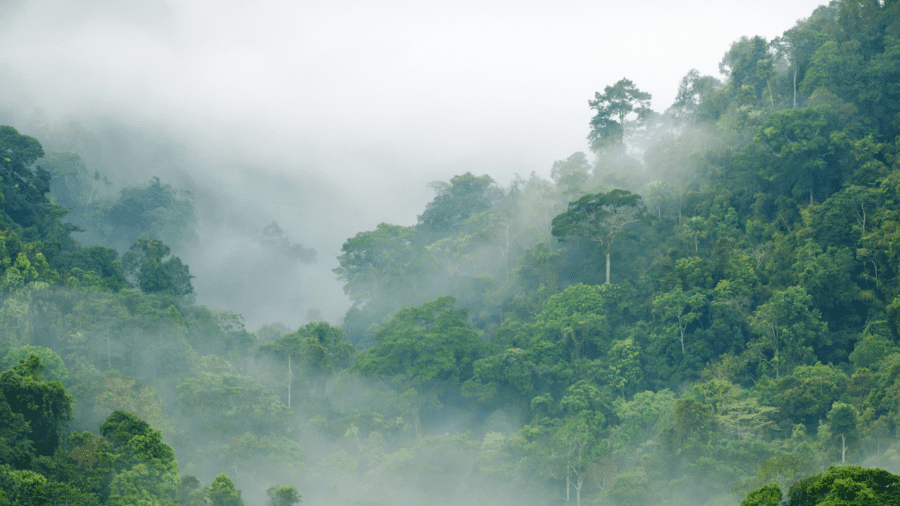At the recently concluded COP30, the central role of tropical forests and the Indigenous, Afro-descendant, and local communities that protect them was firmly in the spotlight. Despite ongoing challenges, the climate summit delivered tangible, measurable gains for communities and local forest stewards, ranging from landmark land recognitions to new funding initiatives and international collaborations.
At COP30, RRI announced the next phase of its global coalition strategy, "From Rights to Livelihoods: Advancing Collective Economies for People and Planet," with the launch of a new Collective Livelihoods and Enterprise Network. The initiative represents a major step in linking land rights, sustainable livelihoods, and conservation through community-led economies.
During Climate Week NYC 2025, RRI and partners amplified Indigenous, Afro-descendant, and local community voices—advancing rights-based climate action and equity ahead of COP30.
RRI is seeking nominations for the Chair of the Board of Directors, who will guide its coalition of more than 200 partners, collaborators, and fellows in implementing its Fourth Strategic Program, which runs through 2027. We are looking for individuals committed to RRI's core issues: The land, resources, and collective rights of Indigenous Peoples, Afro-descendent Peoples, and local communities.
This new report highlights RRI's twenty years of impact on communities’ collective land and resource rights and outlines the path forward to secure their future worldwide.
Dalam perayaan ulang tahun ke-20 di Kathmandu, Rights and Resources Initiative (RRI) mengumumkan para pemenang Penghargaan Aksi Kolektif perdana. Penghargaan ini diberikan sebagai bentuk penghormatan kepada Masyarakat Adat, Masyarakat Keturunan Afrika, dan komunitas lokal dari Afrika, Asia, dan Amerika Latin atas kepemimpinan mereka dalam memperjuangkan hak kolektif atas tanah, hutan, dan sumber daya.
Durante a celebração de seu 20º aniversário em Katmandu, a Rights and Resources Initiative (RRI) anunciou os vencedores de seu primeiro Prêmio de Ação Coletiva, que reconhece povos indígenas, comunidades afrodescendentes e populações locais da África, Ásia e América Latina por sua liderança na defesa de seus direitos coletivos à terra, às florestas e aos recursos naturais.
At its 20th anniversary celebration in Kathmandu, the Rights and Resources Initiative (RRI) announced the winners of its inaugural Collective Action Awards. The awards honor Indigenous Peoples, Afro-descendant Peoples, and local communities from Africa, Asia, and Latin America for their leadership in defending their collective land, forest, and resource rights.
Hundreds of Indigenous and local community representatives from the world’s largest tropical forest basins held a historic convening on May 26–30, 2025, with government representatives, international development institutions, and donors to present their demands ahead of the next UN Climate Conference in Brazil (COP30).
The First Global Congress of Indigenous Peoples and Local Communities from the Forest Basins brings together forest guardians from the Amazon, Congo, Borneo-Mekong-Southeast Asia, and Mesoamerica. These territories, long safeguarded by Indigenous Peoples and local communities, are essential to the Earth’s biodiversity and carbon balance—providing powerful solutions to the climate crisis.
As the fight for climate justice continues, acknowledging the connections between land, water, ecosystems, and human communities is critical for the realization of positive and lasting change.
This was by far the largest UNCCD CoP to date (the previous CoP15 in 2022 had 7,000 participants), but even in an increasingly crowded space, Indigenous voices rang loud and clear, achieving several important breakthroughs.
A report aims to influence the localization agenda and improve bilateral policies and practices to ensure that more direct, fit-for-purpose support reaches Indigenous Peoples, local communities, and Afro-descendant Peoples and their supporting organizations to secure tenure rights and conserve key ecosystems and biodiversity.
In this review, we provide a legal snapshot of some of the changes and developments that occurred in 2023. We delve into the shifts, pivotal moments, and groundbreaking strides that defined the year at the sub-national, national, regional, and international levels.
The Rights and Resources Group’s Board of Directors has named as its newest members three global leaders in environmental, financial, and human rights advocacy: Emma Norrstad Tickner from Sweden; Emily Kinama from Kenya; and Peter “Mike” Bryan from the United States. They join Gam Shimray, an Indigenous Naga leader from Northeast India who joined in October 2023.
According to a new report by RRI, existing national laws have the potential to recognize Indigenous Peoples’, Afro-descendant Peoples’, and local communities’ rights to own or control more than 260 million hectares (Mha) of land across the world—an area twice the size of Peru.
A new resource seeks to support companies and investors in understanding the shared value community monitoring could add to their operations and investments, and outlines principles to help them build productive partnerships with communities to secure their land tenure and improve compliance with environmental and social standards and commitments.
Members of the new network agree to create more documentation on land rights and governance processes for Indigenous, Afro-descendant, and local community women; call for strengthening advocacy capacity.
RRI marked the beginning of 2023 with a global dialogue on Rights-Based Conservation and Climate Approaches, co-hosted with the Embassy of Sweden in Washington DC.
On the eve of CoP15, Landscape News spoke with Gam Shimray, Secretary-General of the Asia Indigenous Peoples Pact (AIPP) who has been defending and promoting the rights of Indigenous Peoples for almost 30 years. Here, he explicates just how deeply rights, biodiversity and the global future are intertwined.
Indigenous and community leaders from North America and the global South come together to build relations and strengthen a global solidarity movement around Indigenous and community-led responses to the global biodiversity and climate crises.
On December 6, RRI, the Conservation through Reconciliation Partnership (CRP), and the ICCA Consortium—in partnership with the Canadian Research Chair in Human Rights, Health, and the Environment, Montreal International and the Christensen Fund—will co-host a pre-COP15 dialogue on Indigenous and community leadership in conservation.
RRI is excited to announce the launch of its new online Tenure Tool. This platform, hosted on RRI’s website, will give rightsholders, researchers, activists, policymakers, and the public free and easy access to qualitative and quantitative data on the forest tenure rights of Indigenous Peoples, Afro-descendant Peoples, local communities, and the women within those communities.
In this new report, researchers compiled data on this funding stream and assessed the grants along different dimensions of “Fit for Purpose” criteria—determining whether the funding achieved its intended goals or was compromised in delivery and effectiveness.

